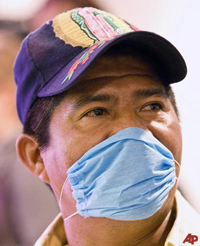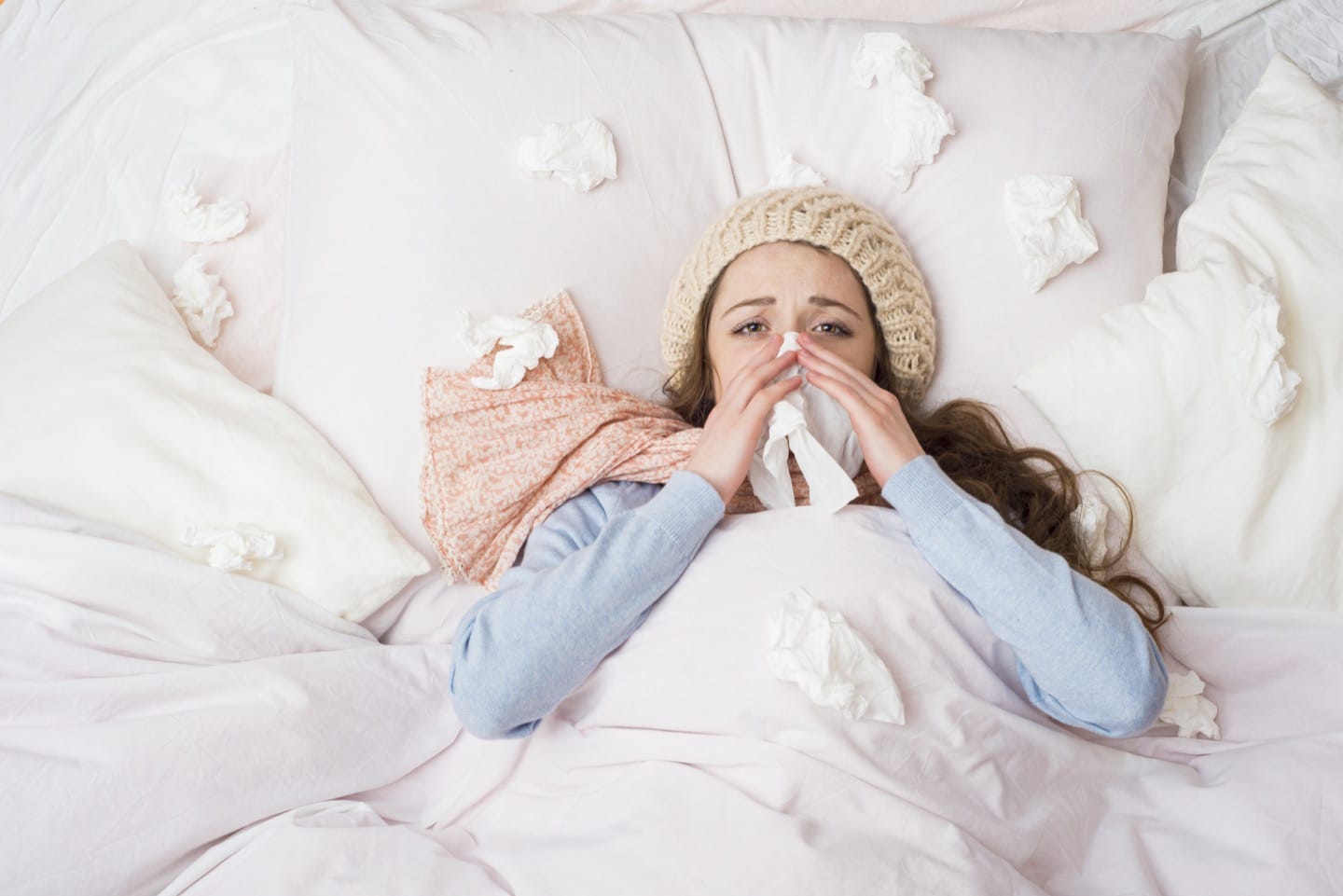Swine flu, or influenza H1N1, is a new virus, first identified in April in Mexico. There has been widespread concern because the virus is much more contagious than regular, seasonal flu and has spread rapidly. 
Swine flu tends to affect younger people, especially those under 25 years. Fortunately, it is quite mild in most cases and has not been a major health concern. However, it can be severe especially in those with an underlying chronic health condition.
What are the symptoms?
Symptoms develop about 3-5 days after exposure to the virus and last about a week. The main symptoms are similar to those of normal influenza, ie fever + cough +/- sore throat.
Other possible symptoms include
- Fatigue
- Aches and pains
- Chills
- Vomiting and diarrhoea
How long is it contagious?
The infectious period is 24 hours before the onset of symptoms until either 7 days after the onset of symptoms or until the fever resolves, whichever is longer.
Who is at risk of severe disease?
- People with asthma, COPD and other serious respiratory conditions
- Pregnant women
- Extremely obese people
- Indigenous people
- Anyone with a serious medical condition such as diabetes, kidney failure, heart disease, cancer etc.
How to avoid catching swine flu and seasonal flu
Influenza spreads mainly through coughing or sneezing and by touching something with the flu virus on it (such as a hand or tissue) then touching your mouth, nose or eyes. Swine flu is more contagious than regular, seasonal flu.
- Avoid close contact (within 1 metre) with people who are sick and stay away from crowds.
- Cover your mouth and nose with a tissue when coughing or sneezing. Then throw the tissue away in a bin and wash your hands with soap and water.
- Wash your hands frequently to keep them free from germs.
- Avoid touching your eyes, nose or mouth.
- Get plenty of sleep, be physically active, manage your stress, drink plenty of fluids and eat well.
Swine flu cannot be caught from eating pork or pork products or from contact with pigs.
What is the role of anti-viral medications?
Antiviral drugs, oseltamavir (Tamiflu) and zanamivir (Relenza), can help prevent the flu and are used in high-risk situations. The medicines can be purchased from a pharmacy with a prescription if your doctor feels they are appropriate.
Currently, the health authorities do not recommend preventative medication for contacts, nor do contacts need to be isolated at home.
The Australian government has over 10 million courses of both medicines stockpiled to be used if needed.
What about face masks?

Face masks are not necessary in the general community. However, they may be useful if you have close contact with someone with the flu. People who are caring for someone with swine flu and infected people themselves should wear a mask.
For further information on mask use, click here.
Will the flu vaccine protect me?
It is thought that the current flu vaccine gives little or no protection against swine influenza.
Work is underway to develop a new vaccine specifically for swine flu which is expected to be ready within a few months.
When to seek treatment
If you have flu symptoms seek advice from your GP early. Antiviral drugs work best if taken within 48 hours of symptoms developing.
How is it treated?
Treatment of swine flu is much the same as for regular, seasonal flu.
- Stay at home until the infectious period is over, usually 7 days from the onset of symptoms, as long as the fever has settled, to avoid spreading the infection.
- Have lots of rest and plenty of fluids.
- Take paracetamol or aspirin for pain if needed.
- Cover your mouth with a tissue when you cough or sneeze and dispose of these properly.
- Wear a mask if you are in close contact with others.
- Antiviral drugs, oseltamavir (Tamiflu) and zanamivir (Relenza), are available on prescription and can reduce the severity and duration of the infection if taken within 48 hours of symptoms developing.
More information
Speak to your doctor for advice or ring the Dept of Health swine influenza information hotline: 180 2007
Other online resources include:
- Australian Government Swine Flu website
- World Health Organisation
- ABC Health and Wellbeing
- US Centre for Disease Control
- Smartraveller (Govt travel information)
Disclaimer:
- Please note this information was correct at time of publication.
- For up to date information, speak to your doctor.


